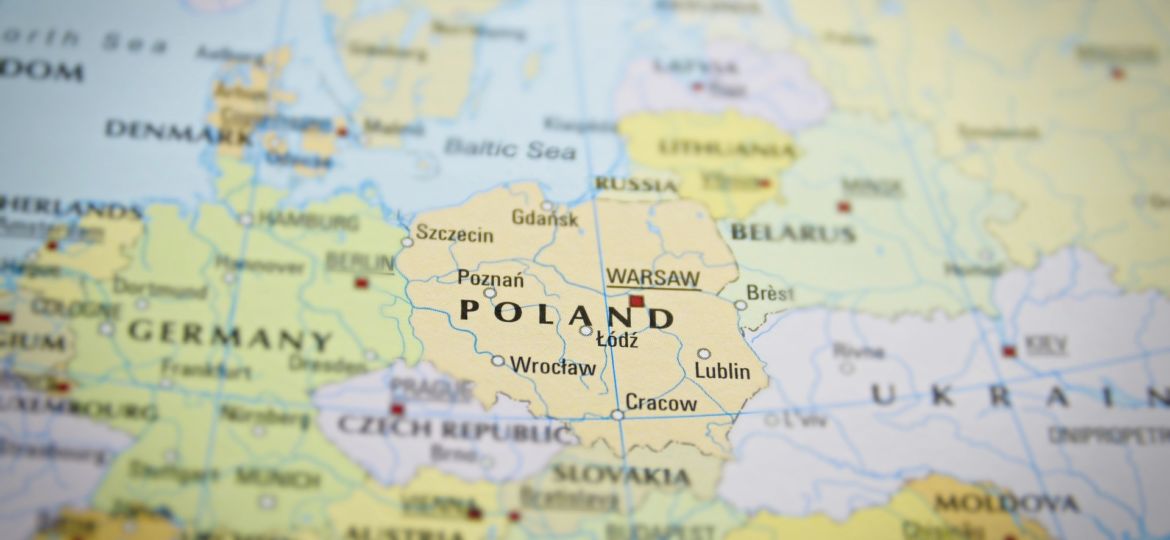Generative AI has rapidly entered the legal industry, offering tools for document drafting, legal research and case analysis. While these tools promise increased efficiency, they also present significant risks – one of which is AI hallucinations. These occur when AI generates content that appears plausible but is entirely inaccurate. In the legal world, using such inaccurate information can lead to serious problems, including presenting false facts or misinterpreting cases and legal precedents.
Kiara Brunel Fink
In a significant move to enforce the Digital Services Act (DSA), the European Commission has issued preliminary findings against the tech giant X, alleging multiple breaches of the legislation. The Commission’s allegations, which could lead to substantial fines and regulatory measures, focus on X’s practices related to dark patterns, advertising transparency, and data access for researchers.
Whether you’re conducting due diligence for a potential business partner or simply need basic details about a Singaporean company, accessing accurate and up-to-date information is essential. This article will guide you through the resources available to unearth the details you seek.
Dubai, a global business and commerce hub, attracts companies from around the world. Unlike many countries with a uniform company structure, Dubai offers a unique blend of options. The presence of ‘Free Zones’ alongside the mainland legal system creates a diverse array of company types, each with its own regulations and benefits.
Considering a business venture in Thailand or conducting due diligence? In this article, we’ll focus on what company information is available about companies registered in Thailand and where you can find it.
In this article, we’ll focus on what company information is available to the public regarding companies registered in Hong Kong.
The world of commerce thrives on competition, and at the heart of this competition lies pricing.
But what happens when pricing practices become deceptive or prevent healthy competition? This is where pricing bans and rules come into play. These regulations aim to protect consumers and ensure a fair marketplace, but navigating this maze can be complex for both businesses and consumers.
The Federal Swiss Council has recently announced it is considering enacting new laws to regulate large platforms, including search engines (e.g. Google), social networking platforms (e.g. Facebook), multimedia platforms (e.g. YouTube) and microblogging services (e.g. Twitter), which could have far-reaching implications for the tech industry and digital communication. The move comes in response to growing concerns about the potential misuse of these platforms, particularly in terms of hate speech, fake news, and other harmful content.
If you are an entrepreneur offering online products to consumers based in Switzerland, or an e-commerce platform looking to expand in Switzerland, it is essential to figure out what the cooling-off period is and how it differs from other European countries. The “cooling-off period”, also known as …
In Poland, company information is held by 3 different bodies. The Central Register and Information on Economic Activity (CEIDG) holds information on entrepreneurs who are sole traders (self-employed) or partners…









